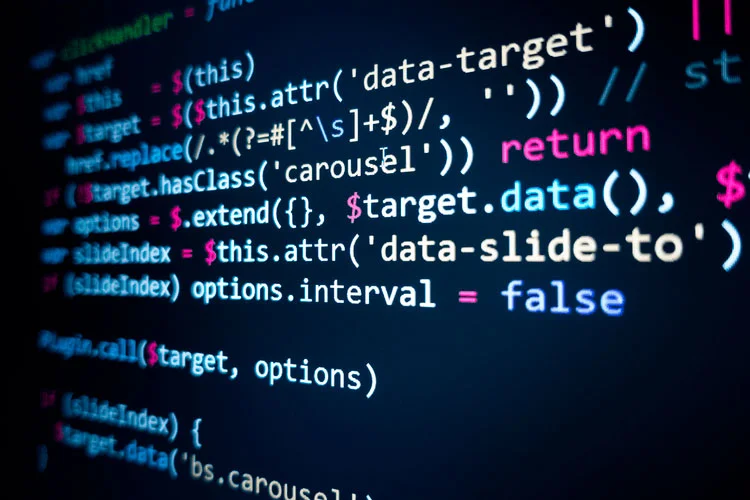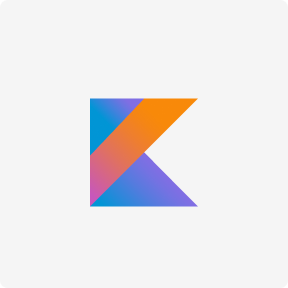Because it combines so many processes for so many departments, it acts as an all-in-one solution for running a business. However, you can find lean retail ERP to get started for an affordable per-user cost. Some ERP solutions offer flat-fee monthly pricing, which may be better for larger enterprises.

The store manager was also incredible — she was meticulous, caring, a natural problem solver, highly organized, and knew our products inside and out. She trained all employees to ensure we were prepared to assist any customer who entered the store in a way that was helpful and on-brand. My experience working at this store was a prime example of everything a retail business should be.
Real-time Purchases
Also, restaurant POS software has such distinct features as table layout (to know what table to bill or to track the restaurant capacity) and customer tracking and analytics features. Online payments include multi-currency support and in-line processing, meaning the interface is seamlessly integrated with your site. Supported retail software transactions include pre-authorization, capture, sales, and void. Invoice creation allows you to create clean and professional invoices that can be customized for your organization. Payment processing software should allow you to extract and integrate information from projects, timesheets, and customer records.

It’s important to know though that QT9 doesn’t integrate with many third-party programs, so you may need to work with your implementation team for custom integrations. As you and your retailer peers know, maintaining proper inventory levels is a delicate dance. This is especially difficult with little or no software support for tracking and controlling inventory. Insights gained from inventory and merchandise management features provide unparalleled transparency for managing stock levels. For example, bakery software helps manage inventory for ingredients and products used at a bakery.
Does the retail industry use ERP?
Some retail software vendors provide special feature sets for retailers who wish to manage their marketing under the same platform. These retailers provide a CRM with marketing automation and retail marketing (e.g. loyalty programs) to make their retail management more appealing vis-a-vis other vendors. Additionally, some RMS vendors offer advanced financial and inventory management and controls for retailers who coordinate activities across multiple retail sites. Vend can often be overlooked, as it sells itself as a retail POS system solution.
Without a POS system, it would be exceptionally time-consuming and difficult to keep track of all of your sales and payments. Defining your positioning is a critical part of your marketing strategy. That’s because your positioning is what makes your retail business stand out and differ from your competitors. Think about what it is that makes your business unique and use those details to define your positioning. This might be where or how you source your inventory, how you display all of the items in your store, or your impeccable end to end customer service experience.
Customer Loyalty Programs:
The features include retail inventory management which helps to manage different aspects of the retailer’s supply chain. Retail accounting for inventory control, transaction monitoring, and pricing. Transportation management to track deliveries and also chain store management.
- That’s because your positioning is what makes your retail business stand out and differ from your competitors.
- If a customer is looking for a specific item, they are likely to look at several options online and have an idea of the business they want to buy from.
- A specific type of spyware is a keylogger, which records your keystrokes to reveal passwords and personal information.
- Automation isn’t always present, though it’s common, and it’s even better if it’s low- or no-code setups.
- Analytics and reporting allow companies to measure, manage, and track the success of campaigns.
Store owners can benefit from retail management software since these systems provide multiple services in one place and streamline the process of running a store. Such everyday tasks as checking out customers, managing and buying inventory, and keeping track of finances can be easily managed using retail management software. Retail management systems even have marketing and analytics tools to help improve business. At its heart, retail management is the set of actions a company takes to make the customer journey as easy and enjoyable as possible. It’s made up of things like customer relationship management, retail inventory management software, loyalty programs, employee management, point of sales management, and many more.

It encrypts a victim’s data, after which the attacker demands a ransom. Cybersecurity is the practice of protecting systems, networks, and programs from digital attacks. A firewall decides whether to allow or block specific traffic based on security rules. Dial-up internet was the newest technology on the block in the 1990s — now, I bet you can’t even remember the last time you heard those tell-tale robotic tones. We hope this list guides you through the many options available at your disposal and aids in making the right decision for your business.

It’s even more challenging to find a system which will take care of customers’ shopping data and market to them. The problem for online businesses, then, is the ability to decipher how and why customers choose them or not, and what they can do to ensure optimisation of sales. They can connect customer profiles across both online and bricks and mortar activity, offer digital receipts or generate personalized offers – all of which can improve the buyer experience and boost profits. CRMs have long been a vital technology in retail, providing firms with an efficient way of collecting information about customers, their interactions with your customer service department and shopping habits. There are numerous benefits to having multiple capabilities integrated into a single system, including improved efficiency and better decision-making. This has led to the transformation of modern-day POS systems to become more e-commerce-centric.